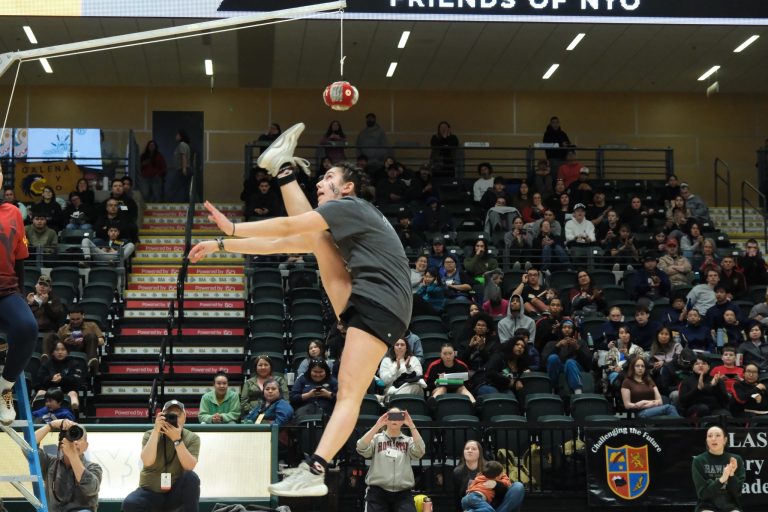Podcast: Play in new window | Download | Embed
![]() Commemorations were held in Honduras over the weekend to mark seven years since the assassination of Goldman Prize-winning environmental and Indigenous rights activist Berta Cáceres.
Commemorations were held in Honduras over the weekend to mark seven years since the assassination of Goldman Prize-winning environmental and Indigenous rights activist Berta Cáceres.
Maria Martin reports that, though there have been some convictions in her death, her supporters say the intellectual authors of her murder are still at large.
Berta Cáceres had fought for the rights of the Indigenous Lenca people of Honduras.
“It’s no crime to defend our rights as Indigenous people,” Cáceres stated before her death, as she fought to stop a hydroelectric dam project she said would disrupt the water and food supply in Lenca communities.
In Lenca tradition, she said the rivers are the home of the mother spirit and must be protected.
In July of last year, the former head of a Honduran construction company building the controversial dam project Cáceres had opposed was found guilty of collaborating in her 2016 murder.
Roberto Castillo was also alleged to have hired seven hit men previously sentenced for her killing.
But, Berta Cáceres’ family and supporters say the intellectual authors of her murder are some of Honduras’ most untouchable families and remain outside the law, and that seven years after her murder, Honduran environmental activists remain targets.
At least four have been killed this year alone.
 A bill that would require Montana to pay for the cost of law enforcement services on the Flathead Reservation recently passed through the state Senate.
A bill that would require Montana to pay for the cost of law enforcement services on the Flathead Reservation recently passed through the state Senate.
Montana Public Radio’s Aaron Bolton reports.
In the 1960s, Lake County agreed to provide law enforcement services on the behalf of the state across the Flathead Reservation, but county officials earlier this year pulled out of that agreement saying county taxpayers can no longer foot the bill, estimated at $4 million annually.
Senate Bill 127 would require the state to negotiate funding for law enforcement on the reservation with Lake County every other year.
If the parties do not come to an agreement, the state would then be responsible for law enforcement services.
The Legislature did pass a bill last session paving the way for the state to pay Lake County’s law enforcement services, but did not appropriate any funds.
The bill requiring state to fund those services now moves to the House for consideration.
State is due to take over end of May.
 The Chickasaw Nation’s cultural center is hosting the Holba’ Pisachi’ Native Film Festival on Saturday in Sulphur, OK to celebrate cultural renaissance through Indigenous cinema.
The Chickasaw Nation’s cultural center is hosting the Holba’ Pisachi’ Native Film Festival on Saturday in Sulphur, OK to celebrate cultural renaissance through Indigenous cinema.
Fran Parchcorn is the Chickasaw Cultural Center’s executive officer.
“The film festival is important because it allows us to carry on a form of storytelling, which is important in First American traditions. We’re celebrating and uplifting Native filmmakers who are working to preserve our culture. The goal of the Holba’ Pisachi’ (“Showing Pictures”) Native Film Festival is always to promote the art of First American cinema through cultural awareness through mass media.”
Four short documentaries will be showcased: two feature-length documentaries and the headlining film “Montford: The Chickasaw Rancher.”
Panel discussions and question and answer sessions with Indigenous filmmakers will follow the screenings.
Get National Native News delivered to your inbox daily. Sign up for our newsletter today.



